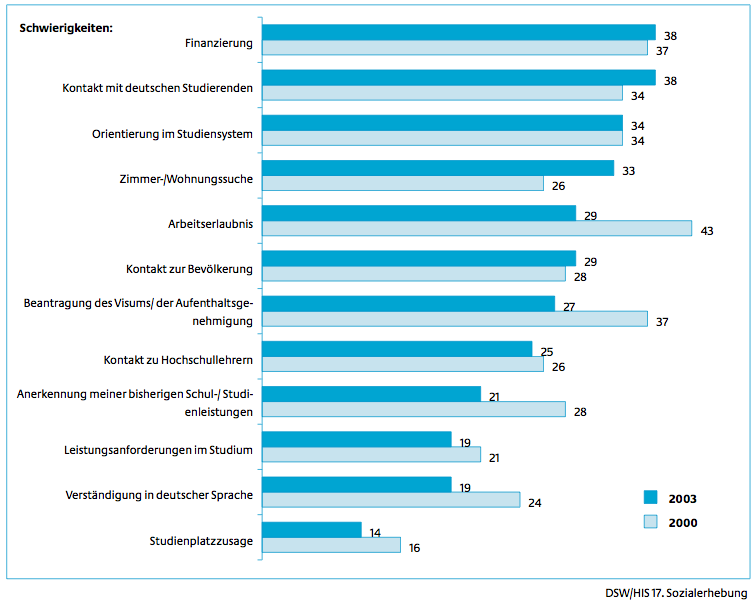You want to gain German citizenship but you haven’t lived in Germany, thus the rules shared here don’t apply to you. In case you want to apply for German citizenship at an embassy, here’s what you need to know. Shared by a German lawyer, Andreas Moser.
1. Can I become a German citizen without living in Germany?
Yes. There are several possibilities to do so:
(1) you may already have German citizenship due to German descent,
(2) re-instatement of previously lost citizenship,
(3) adoption by a German citizen as a minor, and
(4) naturalization in accordance with § 14 StAG.
These FAQ only deal with naturalization from abroad, the other options are covered in Becoming German: Applying for German Citizenship (Einbürgerung).
2. What are the requirements to get naturalized as a German citizen without living there?
You have to meet all the normal criteria for naturalization. Only the requirement of residence in Germany (typically between 3 and 8 years) will be waived if you can show “ties to Germany that justify your naturalization”. I will cover these requirements in the following paragraphs. Find the normal naturalization requirements here. Becoming German: Applying for German Citizenship (Einbürgerung).
3. Do I need to speak German?
Yes. This is an essential requirement, so don’t even apply before you have reached at least the B1 level in German. Because you would be applying for a naturalization which you are not entitled to but which is in the discretion of the German government, a higher level of German would be even better.
4. How do I show my ties to Germany?
There are many ways to prove these ties, and the more ways in which you can show your ties, the better is your case: marriage to a German citizen, employment by a German company, longer and frequent visits to Germany, ownership of real estate in Germany for your personal use, ownership of a business in Germany, contributions to the German pension system, visits of German schools or universities, academic interest in Germany and anything else that you can think of.
5. What are the other requirements?
The same as with a naturalization within Germany:
(1) You need to be able to support yourself financially without recourse to welfare. Because you would be eligible to move to and live in Germany, you need to show that you could also earn a living in Germany.
(2) You shouldn’t have a criminal record. Traffic tickets pose no problem.
(3) You need to pass the citizenship test. It’s a multiple choice test about life in Germany, the German constitution and things like the colours of the flag. You get 33 questions, of which you have to correctly answer 17 within a maximum of 60 minutes. You can take this test at a German consulate or of course on one of your visits to Germany. All the possible questions are online, so it’s easy to prepare yourself.
6. Do I need to give up my existing citizenship?
Usually yes. Germany unfortunately does not believe in dual citizenship and thus requires applicants for naturalization to give up their previous citizenship. There are however plenty of exceptions. Read: How German Dual Citizenship Works
7. When do I need to fulfill these criteria?
You need to meet these and the other criteria at the time of the application. Because you decide when you apply, you can really prepare yourself for such an application, even if it may take a couple of years. If you book a personal consultation, I will assess your situation and your personal circumstances and suggest several ways in which you can improve your chances. Of course I will also be happy to help writing your application essay.
Once you will receive German citizenship, you don’t need to prove anything anymore. You can also keep German citizenship if you never take up residence in Germany. Even if you would subsequently become dependent on welfare or commit crimes, your German citizenship cannot be withdrawn.
8. How is this option connected to German citizenship by descent?
It shouldn’t be connected at all, because citizenship by descent and naturalization are two completely different matters. But Germany now uses this naturalization according to § 14 StAG to rectify an old problem: Children who were born to a German mother and a non-German father before 1975 often did not receive German citizenship by descent. This obvious discrimination against the maternal line of descent is now being rectified by allowing these children to apply for naturalization under this clause. The difference to completely foreign applicants is that this group of applicants do not need to give up their primary citizenship. Also, if you have minor children they will usually be naturalized as well.
9. Do you have some special trick that you want to share with us?
Always. If you work in the Iranian nuclear programme for example and you are ready to disclose certain information to the German Intelligence Service, your application will be viewed very favourably.






